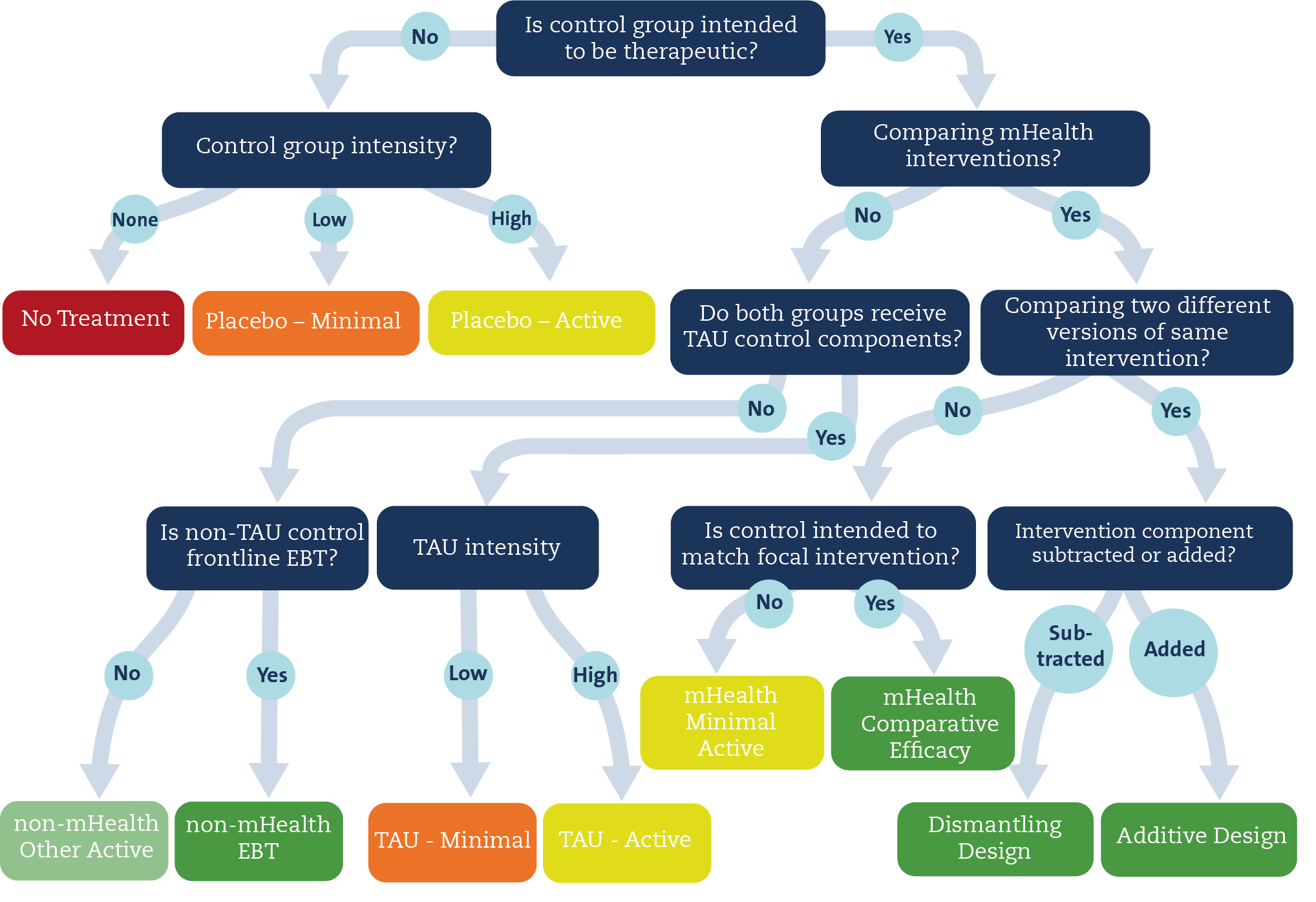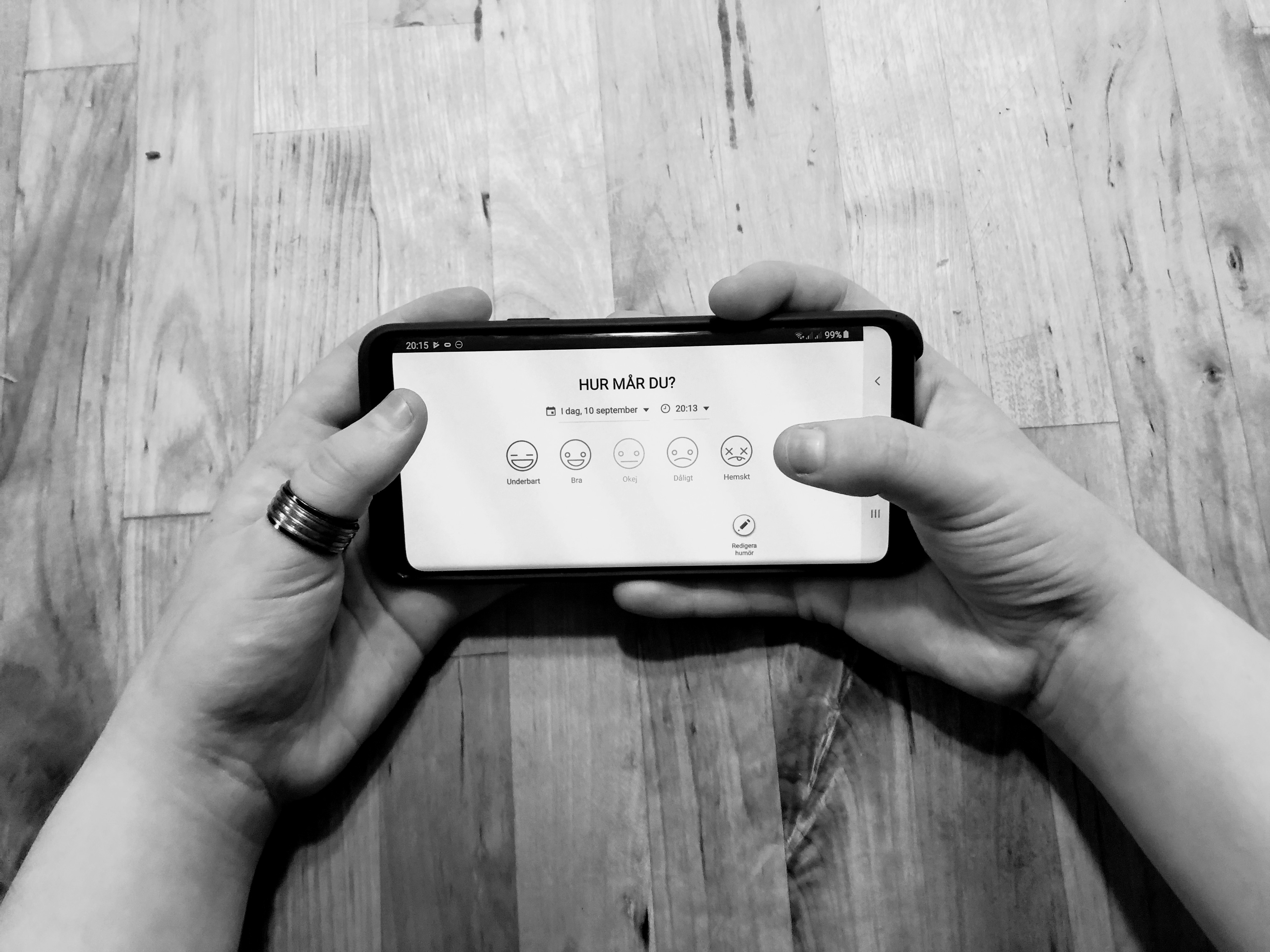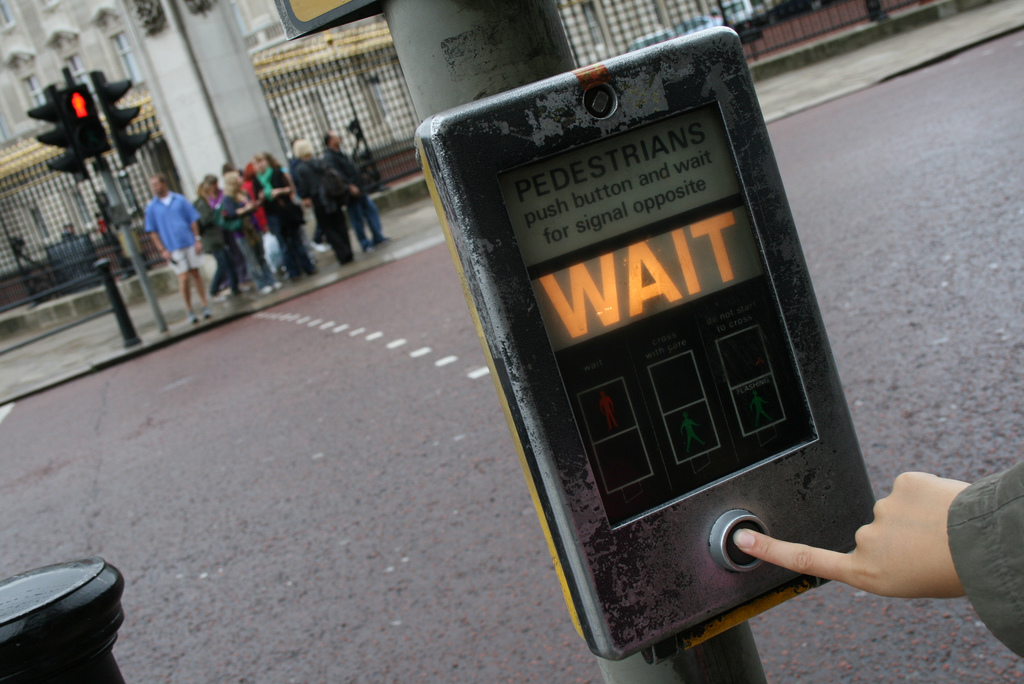Konstruktiv självhävdelse: Nyckeln till bättre psykisk hälsa
Update (2023-07-15) : Nu kan du gratis ta del av allt material via: https://100respekt.se Vi har precis publicerat en artikel i tidskriften Internet Interventions. I studien undersökte vi effektiviteten av en internetbaserad intervention. Kursen var speciellt utformad för att öka förmågan att våga stå upp för sig själv, vilket är en central del i kognitiv … Läs mer!









